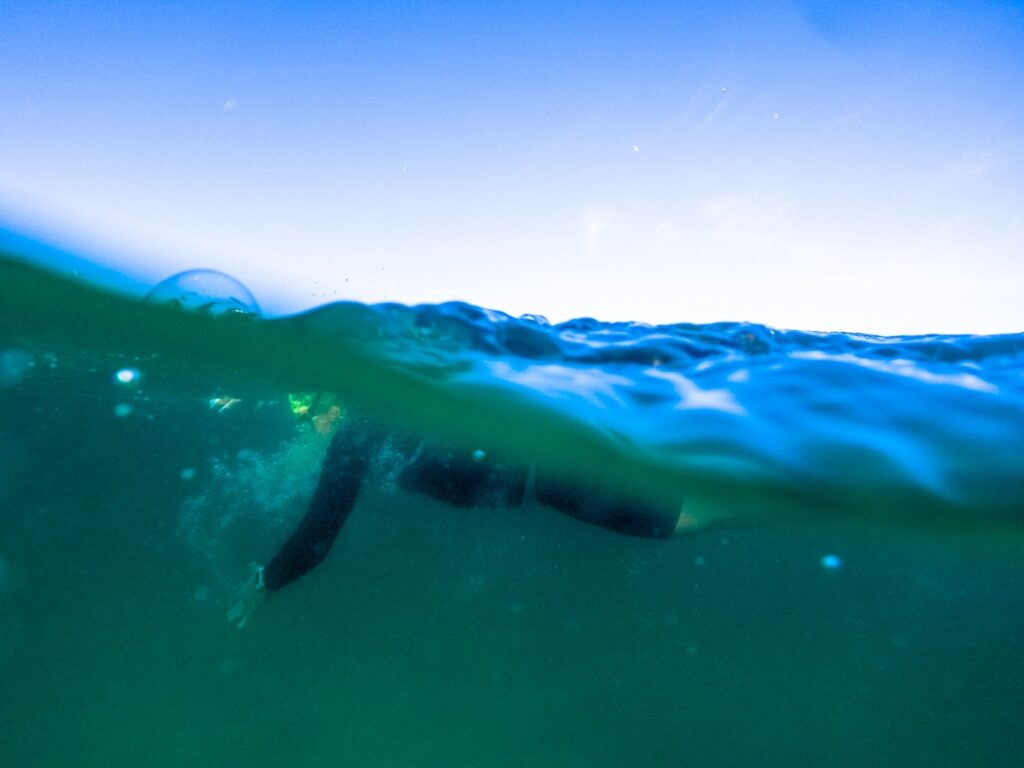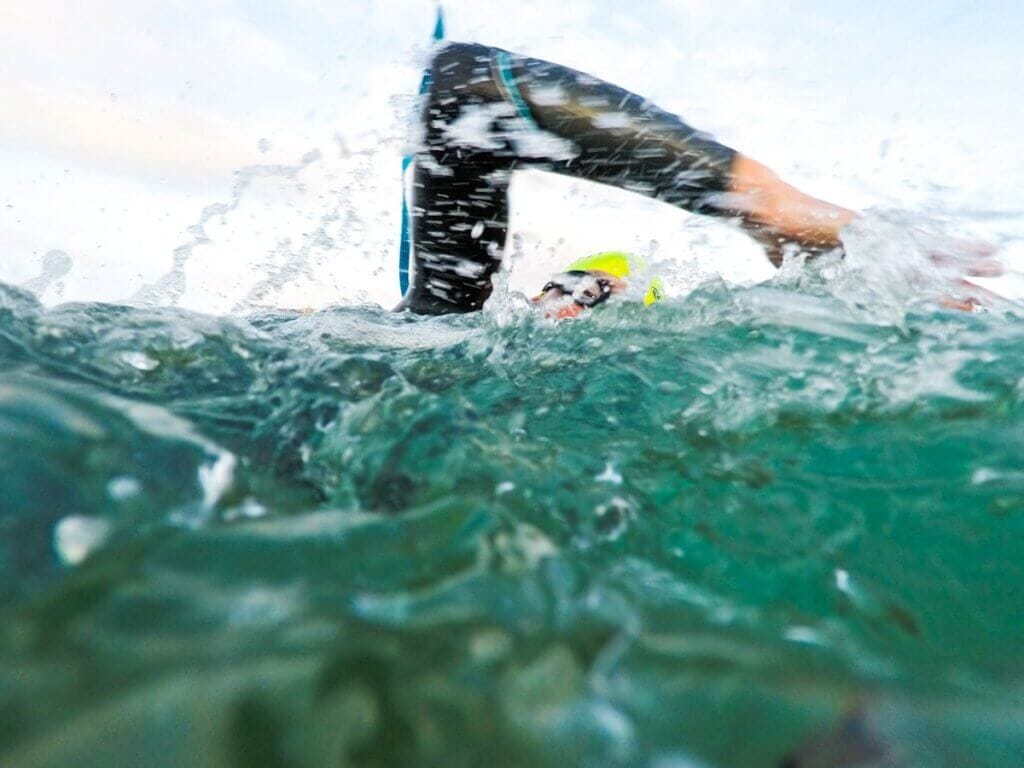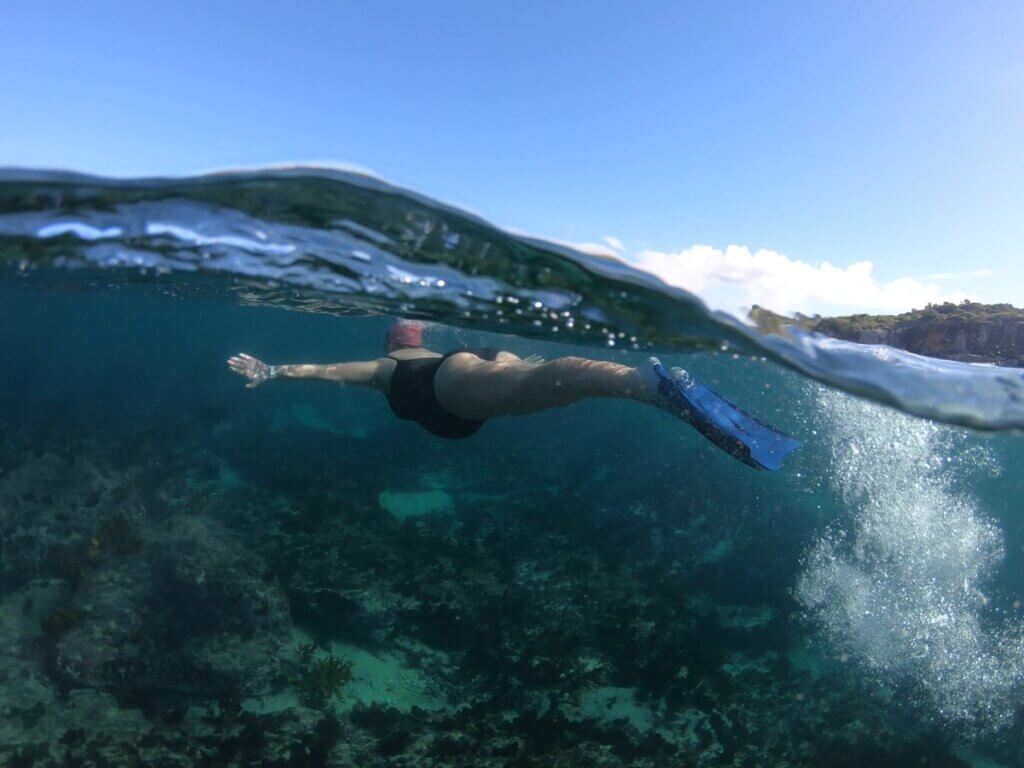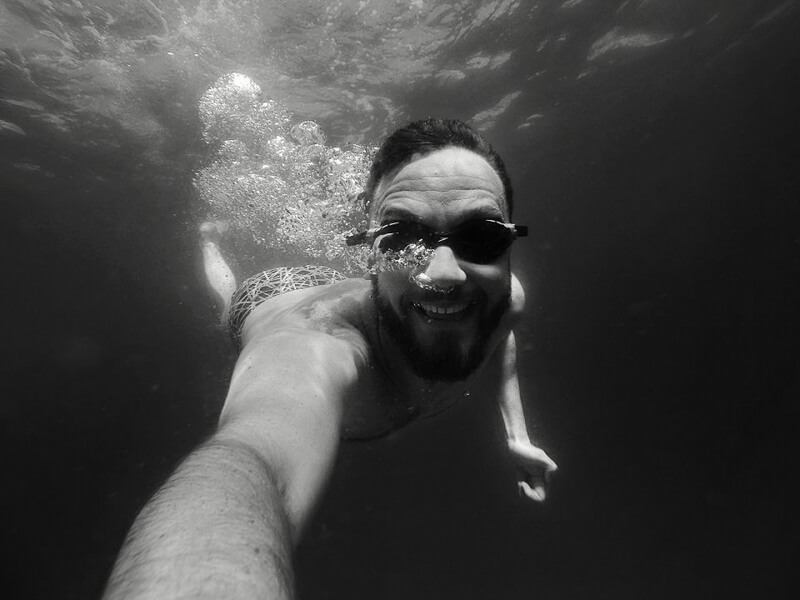How to prevent sea-sickness when ocean swimming

Over the years I’ve had a handful of OceanFit participants who’ve suffered from sea-sickness when swimming in the ocean – and it doesn’t sound good!
Some of them first realise it will be a problem while participating in one of our clinics (when we bob up and down out behind the waves learning ocean swimming techniques), others get a rude shock when taking on their first ocean swim.
One of my favourite participants, Ann, even swum the Bondi To Bronte spewing up the whole way – nothing was going to stop her!
Having never experienced sea-sickness myself – a huge relief as I have done plenty of off-shore sailing as a youngster – I can only offer advice from what my clients have told me worked or didn’t work, for them.
See if any of this relates to you, and give the recommended treatments a go… and let me know if you have any tips or tricks of your own, and we’ll add them to the list.
When are you likely to feel sea-sick?
- When the swell is rolling in, and you’re swimming off-shore.
- When you stop and tread water/float in the same spot out in the open water (with or without the swell)
Who gets sea-sick ocean swimming?
- Usually, those who get similar feelings when driving long distances in a car, on boats etc
- All the people who have asked me about seasickness have been women (and there’s some truth to females being more susceptible)
What will getting sea-sick ocean swimming feel like?
- You’ll know it when you have it!
- The primary feeling will be of nausea, and some people feel dizziness and headaches
- Descriptions from sufferers make it sound like something they wouldn’t wish on their worst enemy!
How do I stop getting sea-sick when ocean swimming?
- Keep away from alcohol and foods that you know don’t agree with you, the day before, and on the day of your swim (don’t try anything new)
- Don’t overeat, and keep hydrated (but don’t over-hydrate)
- Over-the-counter antihistamines* can sometimes prevent and treat sea-sickness
- Travel sickness tablets* (like Kwells or Travacalm in Australia) or patches
- Wristbands (like Sea-Band) that operate by using acupressure
- Ginger tablets, ginger tea, ginger ale…
- Avoid swimming when there’s a large swell
- Keep your mind occupied with other things, try singing to yourself!
- Keep yourself distracted by staying and playing in the waves
- Try earplugs
Preventing sea-sickness can be a very personal thing, what works for one person, may not work for another. And by the sounds of it, what works one time, might not work another!
*Important note: Drowsiness is a common side effect of motion sickness drugs. Swimming while on these drugs may not be advisable. It’s a good idea to discuss the pros and cons with your doctor and try out the medication before swimming so you can gauge any ill effects.
More comments
There are more comments from ocean swimmers with their experiences on our Facebook post:





Responses